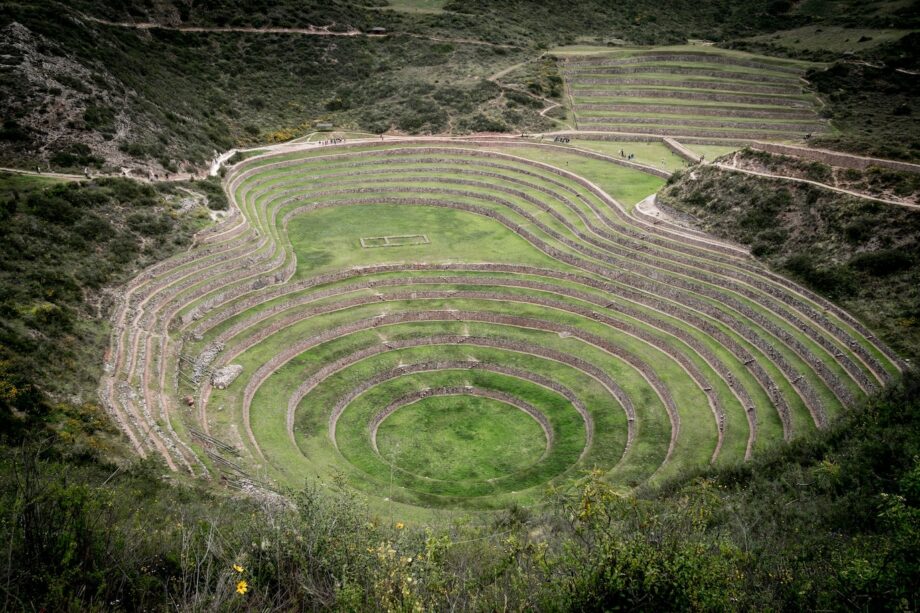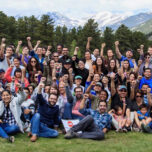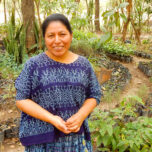December 6, 2021 — Archaeological records have long helped scientists discover past important events, learn about extinct species and explore past ways of life. Might ancient history inform efforts to deal with climate change as well? Researchers from the U.S., Canada and France think so. In their recent study, the researchers tapped archaeological records to show how humans have faced climate challenges in the past — providing valuable insights into how various degrees of warming affect current and future droughts, erratic weather, sea-level rise, and more.
The researchers note that many current efforts to deal with global warming are ineffective. “Planning a sustainable response to climate change requires us to identify the critical climate thresholds capable of disrupting social, economic, or political systems and culturally appropriate strategies for countering such disruptions,” they write. Because the archaeological record encompasses cultural, geographic and temporal diversity, it can show how a wide range of human cultures have responded to a wide range of unpredictable climate events in the past — and shine a light on how we might best do so in the future.
We have a lot more technology for understanding and interpreting the archaeological record now than we did in the 20th century. And methodological and theoretical advances in climate research in recent decades have made it possible to study past human-environmental interactions, which enhance understanding of the underlying reasons for change in the archaeological record. A glance at the record, with help from increasingly sophisticated climate modeling and advanced computing, is shedding light on human responses to a changing climate. Awareness of past distribution of plants and animals, for example, helps climate scientists fine-tune models that predict future conditions.
“The archaeology of climate change has an important role to play, highlighting the importance of cultural diversity and encouraging scientists, policymakers, and stakeholders to engage with the past to help plan a sustainable future.”
Insight into past human behavior and perspectives from various past cultures are relevant because scientists expect climate change to alter our food supply and farming practices. Looking at the adoption of farming in Southwest Asia during the most recent glacial/interglacial cycle, for instance, the researchers found that climate changes produced different outcomes depending on social and geographic circumstances. Based on this, they determined that “periods of favorable climate led to economic and cultural experimentation, which acted as an investment, making the society more resilient against future periods of climatic downturn.”
The researchers looked to ancient indigenous communities as examples of resilient communities that take an ecosystem-based approach to working with the land that protects biodiversity and themselves. For example, as glaciers melted, ancestors of today’s Cree people tended to settle in places that experienced fewer transformations due to the changing climate. Long-ago farmers in the southern hemisphere were able to adapt to disruptions brought on by El Niño events. This knowledge underscores the importance of protecting cultural diversity.
“[M]any past adaptations to climate change were highly successful and could be readapted to modern contexts,” the researchers write. “A comparative, cross-cultural study of the human past demonstrates that cultural diversity has been, and remains, a key element of human resilience.”
As population rises, climate changes, food security declines, and the need for sustainable farming practices and ethical water management grows, archaeological perspectives will become increasingly important for informing decision making.
Related Posts
Ensia shares solutions-focused stories free of charge through our online magazine and partner media. That means audiences around the world have ready access to stories that can — and do — help them shape a better future. If you value our work, please show your support today.
Yes, I'll support Ensia!




These are just a few examples that could be helpful; as an archeoethnobotanist I've written about this in more detail in the Encyclopedia of Climate Change and the Encyclopedia of Environmental Issues as well as in national AIA talks on Archaeology and Climate Change.